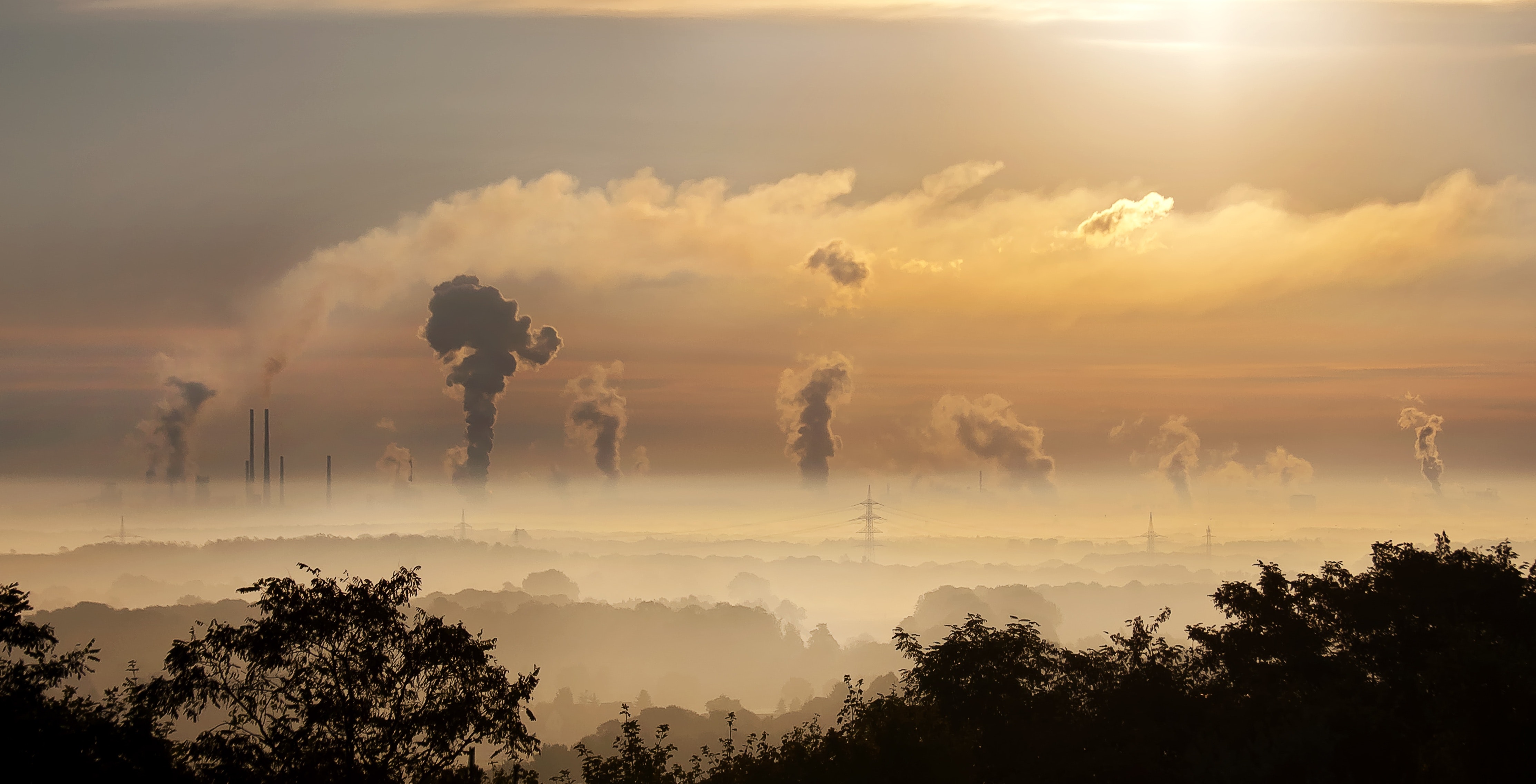I’ve submitted data to the Environmental Protection Agency for the past couple years. It takes time to look up historical trucking data needed for its SmartWay program, but it’s what you do when you participate in one of the oldest and dirtiest industries like freight transportation. SmartWay reports on fuel use and emissions from carriers, shippers and logistics companies. SmartWay partners, like FreightCenter, “have saved over 2.5 million barrels of oil, lowered fuel costs by $29.7 billion and reduced emissions of harmful air pollutants by 103 million tons.” Sounds like the hour I spend on data entry each year yields measurable outcomes, so why are environmental programs and regulations being slashed by the Trump administration?
Since 2017 there have been whispers about SmartWay’s demise. The voluntary program, created in 2004, isn’t the only piece of E.P.A. that’s on the chopping block. This year, the E.P.A. plans to roll back several environmental standards ushered in under the Obama administration, and I’m trying to wrap my head around them all.
What’s being cut? Science.
In March of last year, the E.P.A.’s Office of Science and Technology officially removed the word “science” from its mission statement. Instead, the office emphasizes the agency’s performance in relation to the economy and technology. To make matters more complicated, E.P.A. Administrator Scott Pruitt went on record stating that the role between carbon emissions and climate change is unclear. That myth has been debunked. Scientific research conducted by the National Academy of Sciences makes certain that greenhouse gases contribute to Earth’s warming.
If you want to read about each proposed change in detail, the National Geographic developed an extensive timeline of all the environmental cuts made since the 2016 presidential election. These changes impact everything from the water we drink to the cars we drive. On a much larger scale, corporations that were once forced to comply with a science-centric E.P.A. are now facing relaxed rules that could revert progress. Honestly, the whole thing reminds me of the scene out of Spaceballs (1987) when Lone Starr reverses Mega Maid’s hold on planet Druidia’s oxygen supply.
If science proves the need to protect the environment, but our government shifts its responsibility to the private sector, who will encourage corporations to adopt green initiatives for their supply chain? With a wealthy engineer like Elon Musk privately funding space exploration and pushing his electric vehicle agenda, I deduce that corporations that implement sustainable supply chain practices now will outlast companies that don’t see the need.
As a company that manages freight for shippers, we play a central role in the supply chain. We rely on what shippers and consumers want, which are affordable eco-friendly transportation options. Unfortunately, with the rollback of regulations of car and heavy truck emissions standards, we could see a resurgence in glider kit manufacturing. Rather than purchasing a new fleet of Musk’s Tesla semis, some carriers and supply chains may choose to replenish their fleet with remanufactured trucks called “gliders”.
However, university research used to argue against federal restrictions on gliders was found to be inaccurate. Before the proposed rollback, the E.P.A. said gliders emitted far greater greenhouse gases than new trucks.
In 2016, the EPA ruled to regulate heavy-truck greenhouse gases in part by limiting the number of glider kits that can be legally manufactured and sold to 300 units per year. A glider or glider kit is essentially a used heavy-duty engine installed into a new chassis that meets old pollution control requirements.
If no further action is taken, SmartWay claims that emissions from freight transportation with surpass that of passenger vehicles. But, aren’t passenger vehicles facing the same rollback of standards? They sure are. The E.P.A. is looking to repeal emissions standards that burden the auto industry, making it possible for a resurgence of gas-guzzling, carbon-spewing cars and trucks on the roads. A boon is on the horizon for the oil industry as well.
As the burden is shifted away from corporations to uphold old environmental protection standards, will consumer behaviors change or will they stay the same? Will America fall behind the rest of the world as nations move toward the same standards for transportation anyway? We will learn in time.


